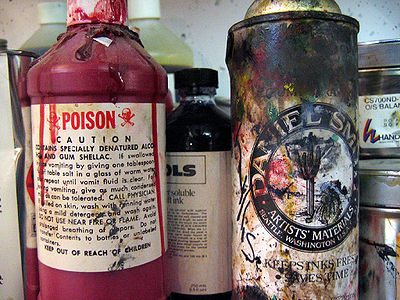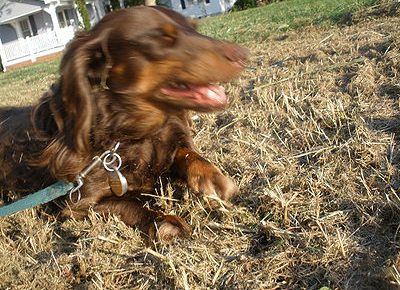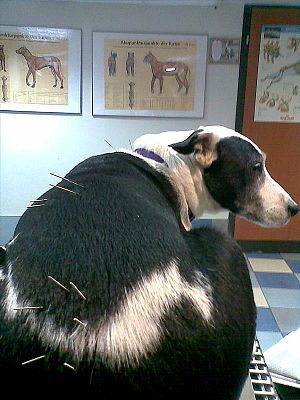
In 2008, the Environmental Protection Agency (EPA) thought to make rodenticides safer by substituting Bromethalin for the poisons in use.The substitution was to be completed by 2011. Bromethalin rodenticides attack the central nervous system causing paralysis, convulsions and death. Other rodent poisons are anticoagulants. They prevent blood from clotting resulting in severe hemorrhage and death.
The dangers to pets (and children) are that there is no test to diagnose bromethalin poisoning and there is no antidote.
Pets can be poisoned by eating a rodent that has been poisoned with bromethalin or eating the poison itself.
Signs to watch for are lethargy, loss of appetite, severe muscle tremors, fits, sensitivity to touch, seizures. Symptoms usually develop 2-7 days after ingestion, although sometimes occur 2 weeks later. With mild poisoning, symptoms may disappear within 1-2 weeks and may take as long as up to 6 weeks.
If you have used a rodenticide containing bromethalin, your pet should be seen by the vet as soon as possible. Quick action on your part can save your pet’s life. Your pet will undergo a urinalysis, brain imaging – an MRI or CT scan. Your vet will administer activatrd charcoal to induce vomiting and a cathartic to help empty bowels. The vet may recommend that this is done every 4-8 hours for 2-3 days or as s/he prescribes. Medications may be prescribed to control tremors and/or seizures.
You can prevent your pets being poisoned by following a few recommendations.
- Keep the rodenticides locked away securely where your pet or children can’t reach them.
- Watch for any dead rodents in the house or outdoors and dispose of them immediately before your pet eats them.
- Check the EPA listing for rodenticides that can be used by homeowners.
- Use a more humane method of catching rodents with a trap called Havahart, better for your family and you.
- Don’t use a rodenticide containing bromethalin.
Related Articles



